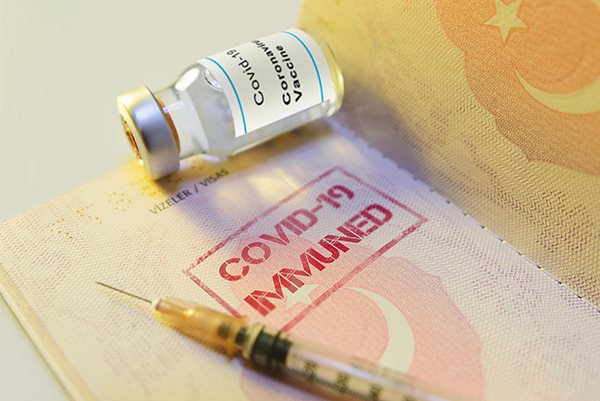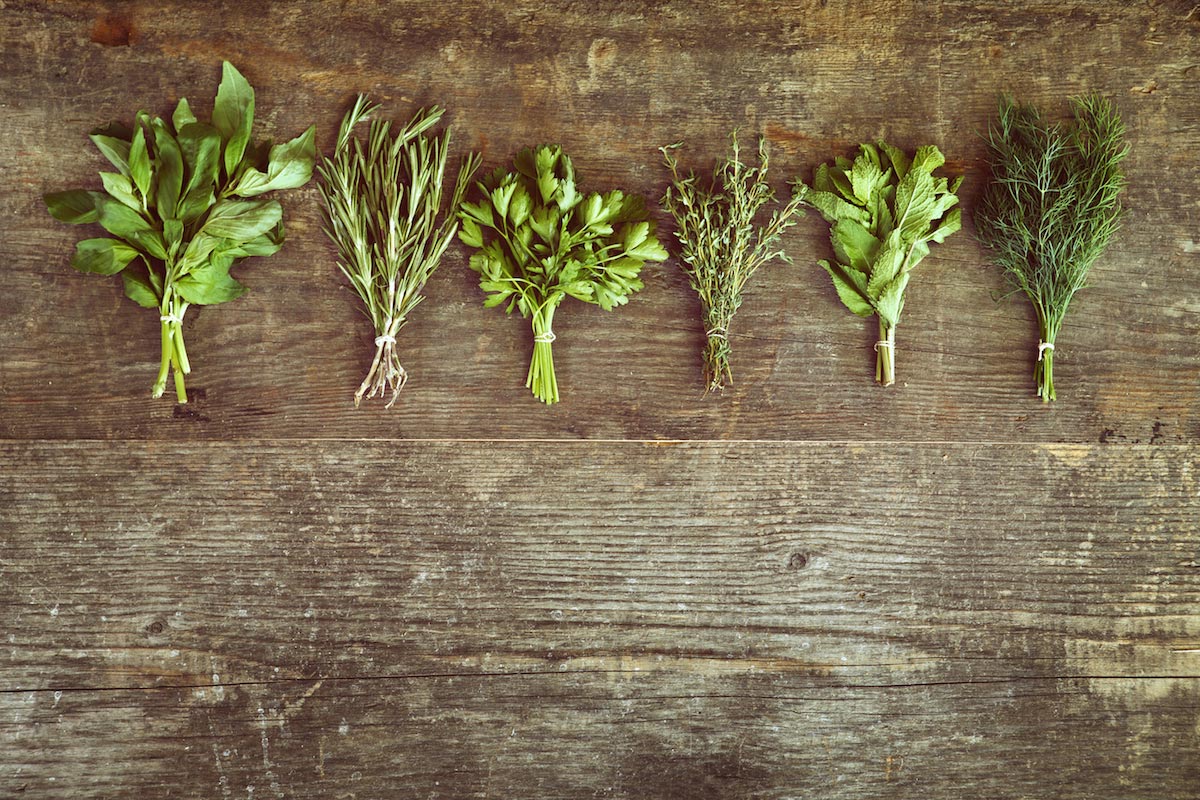10 herbs you can use to make immunity-boosting tea
06/28/2021 / By Divina Ramirez

Keeping your immune system robust is key to staying healthy and avoiding infections. Aside from eating fresh fruits and vegetables, you can strengthen your immune system by drinking herbal teas.
Many herbs help fight disease-causing agents, such as bacteria and viruses. They also offer other health benefits, thanks to their abundance of bioactive components.
Here are 10 herbs recommended by experts to help fortify your immune system:
1. Elderberry
Elderberries are the dark purple fruits of the elderberry shrub. They are rich in anthocyanins, which are known for their antioxidant and anti-inflammatory properties. Elderberries also have antimicrobial properties, which is why they are a common ingredient in many cold and flu medicines. You can experience the health benefits of elderberries in the form of tea, supplements or syrup, found in most health food stores.
Otherwise, to make elderberry tea at home, add water and dried elderberries to a saucepan. Heat on high just until it starts to boil. Reduce heat and simmer for 30 minutes. Let cool for about an hour and strain before drinking. You can sweeten the tea with raw honey if desired.
2. Echinacea
Echinacea is an herb well-known for its antiviral and antibacterial properties. It is commonly used in cold and flu medicines. To make echinacea tea, place the flowers, leaves or roots of echinacea in a teacup. Pour about eight ounces of hot water over the plant’s parts. Let steep for as long as desired. The longer you steep it, the higher its potency.
3. Hibiscus
Hibiscus plants are known for their large, colorful flowers. These flowers contain high levels of vitamin C, which is known as an excellent immunity booster. Vitamin C stimulates the production of white blood cells known as lymphocytes and phagocytes, which protect you from infections. Vitamin C also helps these cells function more effectively. To make hibiscus tea, steep the flowers in boiling water for 15 to 20 minutes.
4. Ginger
Ginger is a go-to remedy for upset stomach, nausea and other digestive problems. Ginger is also great for boosting your immunity, especially during cold and flu season.
To make ginger tea, steep ginger slices for 10 minutes. Strain before drinking. You can also add more ginger to your meals to strengthen your natural defenses against infection.
5. Slippery elm
Slippery elm, also known as red elm, is a tree native to North America. It contains a substance called mucilage, which, when mixed with water, coats the throat and provides relief from cough. Slippery elm is often used to relieve symptoms of laryngitis and other respiratory problems.
6. Licorice root
Licorice is a medicinal plant that grows in parts of Europe and Asia. Its root is often used medicinally because it contains glycyrrhizin, also known as glycyrrhizic acid. Experts attribute the antioxidant, anti-inflammatory and antimicrobial properties of licorice root to glycyrrhizin.
In Traditional Chinese Medicine (TCM), natural healers use licorice root to strengthen immunity, relieve coughing, alleviate pain and eliminate phlegm. To make licorice tea, cut up the root and steep for five minutes. Strain before drinking.
7. Chamomile
According to a 2005 study published in the Journal of Agricultural and Food Chemistry, drinking chamomile tea is associated with a marked increase in urinary levels of hippurate. Hippurate is a breakdown product of phenolic compounds. Some of these bioactive compounds have been linked to increased antibacterial activity, which could explain why chamomile tea is believed to boost the immune system and ward off infections. Chamomile tea is also great for inducing relaxation. (Related: Chamomile tea may control diabetes, professor says.)
To make chamomile tea, steep three to four tablespoons of chamomile flowers for five minutes.
8. Lemon balm
Lemon balm is a lemon-scented herb that comes from the same family as mint. It can boost immunity because of its high vitamin C content. Chop lemon balm leaves and steep them for 10 minutes to make lemon balm tea.
9. Peppermint
Peppermint contains menthol, a compound that helps clear the sinuses. Menthol can also relieve nausea, which can be caused by the common cold. Steep fresh peppermint leaves for three to five minutes — depending on your desired strength — to make peppermint tea. Add lemon juice or raw honey if desired.
10. Pu-erh
Pu-erh tea is a fermented tea traditionally made in the Yunnan Province of China. Like all kinds of tea, pu-erh tea is made from the leaves of the tea plant, Camellia sinensis. It contains compounds called catechins, which can enhance the body’s immune response to infectious diseases, such as seasonal influenza and the common cold. This may explain why pu-erh tea is used in Traditional Chinese Medicine to prevent bacterial infections.
Learn more about other herbs and plants with medicinal properties at PlantMedicine.news.
Sources include:
Tagged Under: alternative medicine, functional food, herbal medicine, Herbs, immune system, natural medicine, natural remedies, organics, prevention, remedies, tea
RECENT NEWS & ARTICLES
COPYRIGHT © 2017 PREVENTION NEWS




















